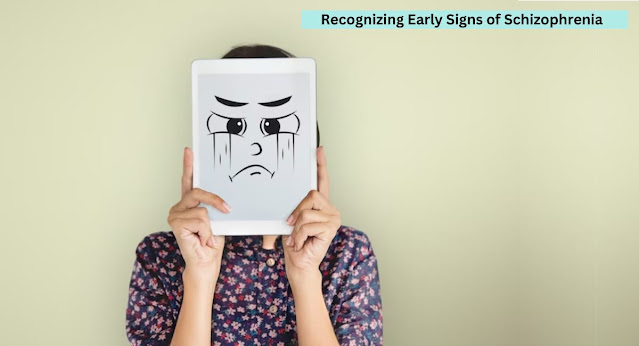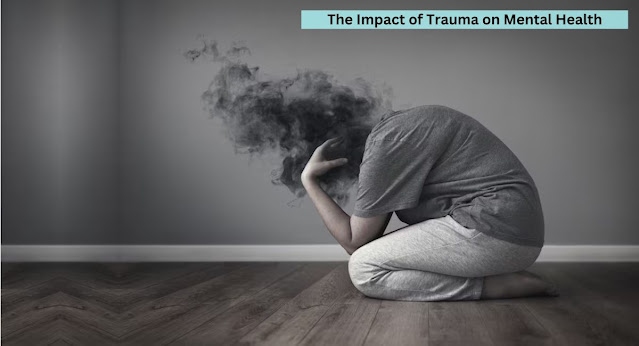Early Warning Signs Of Schizophrenia: Identifying The Condition In Its Initial Stages | Mental Health Care US
Schizophrenia is a complicated mental health problem that affects many people around the world. It can be a challenging condition to understand and identify, especially during its initial stages when the symptoms might be subtle or easily overlooked. However, early detection is crucial for effective management and treatment. So, let’s explore the early warning signs of schizophrenia, allowing you to recognize the condition before it progresses.
Identifying Early Warning Signs:
Social Withdrawal: A common early sign of schizophrenia is a sudden withdrawal from social activities and interactions. Individuals may prefer solitude and isolate themselves from friends and family. They might lose interest in socializing, leading to increased time spent alone.
Unusual Behavior: Pay attention to any unusual or bizarre behavior that goes beyond typical eccentricity. This may include talking to oneself, laughing or muttering without apparent reason, acting aggressively or violently without provocation, or displaying inappropriate emotional responses. These behaviors may raise concerns, especially when they are out of character for the person.
Decline in Academic or Work Performance: People in the early stages of schizophrenia may experience a decline in their academic or work performance. This decline is due to difficulties in concentration, focus, and retaining information. Tasks that were once manageable may become overwhelming and challenging.
Changes in Sleep Patterns: Disruptions in sleep patterns, such as insomnia or oversleeping, may indicate underlying mental health issues, including schizophrenia. Individuals might struggle to fall asleep, experience frequent nightmares, or have a disrupted sleep-wake cycle.
Heightened Sensitivity: Individuals may become overly sensitive to light, sounds, or textures. They may also experience a heightened awareness of certain stimuli. For example, they might feel overwhelmed in crowded places or unable to tolerate specific smells.
Hallucinations: Early stages of schizophrenia may involve hallucinations, where individuals perceive things that aren't real. These hallucinations are most commonly auditory, with the person hearing voices that others cannot hear. Visual or tactile hallucinations may also occur, but auditory hallucinations are more prevalent.
Delusions: Delusions are false beliefs that individuals hold despite evidence to the contrary. Paranoid delusions, feeling constantly watched, monitored, or targeted, are typical in schizophrenia's early stages. Individuals might become suspicious of others, including friends and family.
Emotional Flatness: Individuals may exhibit a lack of emotional expression, appearing emotionally flat or indifferent to situations that would usually evoke emotions. They might not react to joyful events or sad occurrences, making it difficult for others to gauge their feelings.
Difficulty Expressing Thoughts: Early signs may include struggling to articulate thoughts coherently. The person's speech might become disorganized, making it challenging to follow their train of thought. Additionally, they might feel that their thoughts are being inserted or removed by an external force.
Neglecting Personal Hygiene: A decline in personal hygiene and self-care can be indicative of underlying mental health issues, including schizophrenia. Individuals might lose interest in grooming, bathing, and maintaining a clean appearance.
Conclusion: Recognizing the early warning signs of schizophrenia is crucial for timely diagnosis and intervention. If you or someone you know exhibits any of the mentioned symptoms seek help from a qualified healthcare professional or mental health expert. Early treatment can make a significant difference in managing the condition and improving the overall well-being of individuals living with schizophrenia.


Comments
Post a Comment